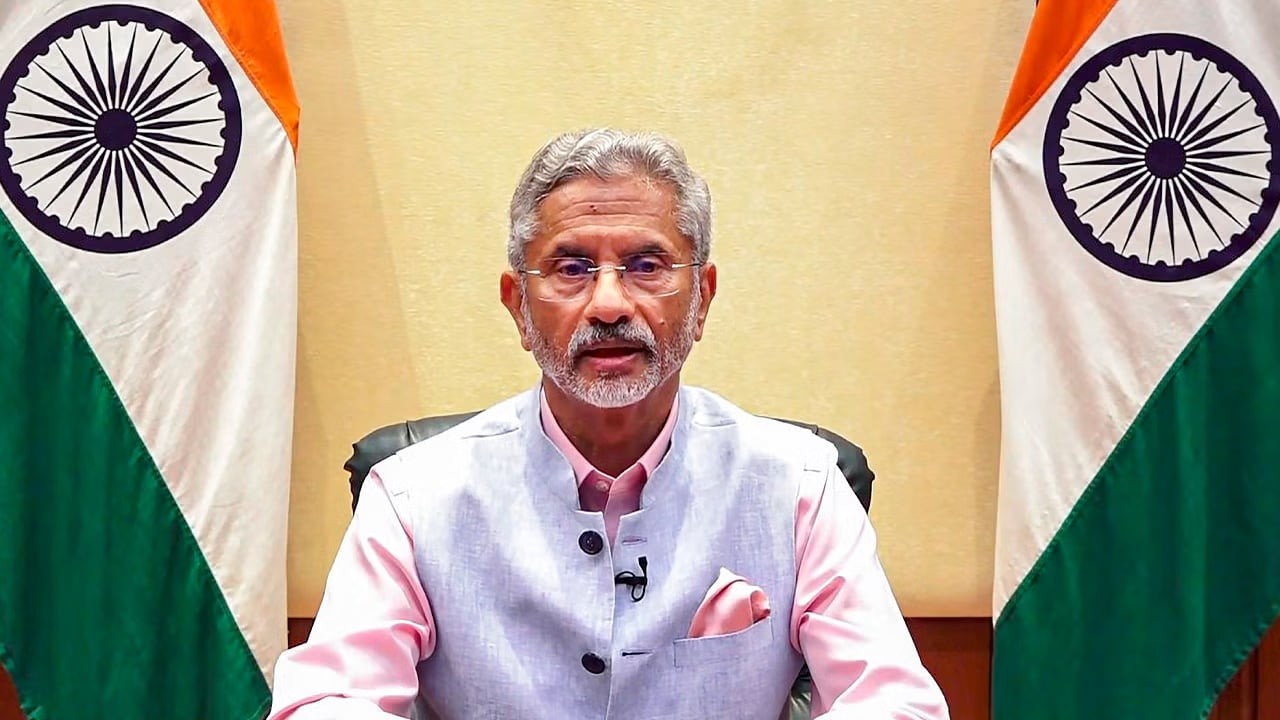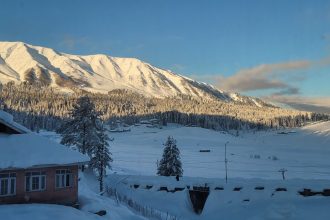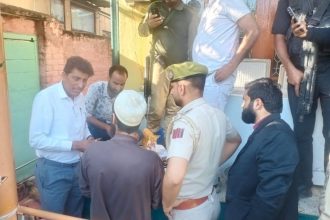New York, July 1 – Calling the recent Pahalgam attack more than just an act of terror, India’s External Affairs Minister S. Jaishankar has described it as a direct assault on the spirit and economy of Kashmir. “This wasn’t just about violence—it was economic warfare. It was a calculated attempt to cripple tourism, one of the lifelines of Kashmir’s economy, and to stoke religious divisions,” Jaishankar said in a heartfelt conversation at the One World Trade Center in New York.
Speaking near the site of the 9/11 Memorial, Jaishankar’s words carried a deep emotional weight. “They forced people to state their religion before killing them. It was cruelty aimed not just at individuals, but at the harmony of a community and the livelihood of thousands,” he said, referring to the brutal April 22 attack that claimed 26 innocent lives.
He made it clear: India would no longer stand by. “For too long, the excuse has been that the terrorists operate from across the border and thus avoid accountability. We have decided to challenge that illusion,” he stated.
The minister was referencing Operation Sindoor, India’s swift and targeted military response, which destroyed known terror infrastructure in Pakistan and Pakistan-occupied Kashmir. He underlined that these terror networks are not hidden. “They have buildings, offices, and public identities in populated Pakistani towns. Everyone knows who they are,” Jaishankar said with a grave tone.
Rejecting what he called “nuclear blackmail,” Jaishankar affirmed India’s unwavering resolve: “We are no longer going to be held hostage by the fear of escalation. When they attack, we will respond—with clarity and strength.”
Jaishankar also inaugurated an exhibition at the United Nations titled The Human Cost of Terrorism, a poignant reminder that terror affects every nation and every citizen, and no political goal can justify it.
He spoke of the long shadow of terrorism that has loomed over India since 1947 and recalled tragedies like the 2001 Parliament attack and 2008 Mumbai attacks. “We’ve lived with this for decades, but there’s a growing unity in our country now—across the political spectrum—that enough is enough,” he emphasized.
When asked about former President Donald Trump’s claim that he used trade to ease tensions between India and Pakistan, Jaishankar remained measured. “Our trade negotiators are professionals, focused on their work. Political claims are separate,” he said.
He also shared a powerful behind-the-scenes account of a conversation between Indian Prime Minister Narendra Modi and U.S. leaders on May 9. “Pakistan threatened a massive assault if we didn’t comply with their terms. But the Prime Minister was unmoved. We responded decisively—and the very next day, they wanted to talk.”
At its heart, Jaishankar’s message was not about retaliation but about justice, dignity, and the right of people to live without fear. “There must be zero tolerance for terrorism. No excuse. No justification. Terror is a threat to all, and using it as a tool of policy will eventually destroy those who harbor it.”
As the conversation concluded, it was clear: this was not just diplomacy. It was a call to defend humanity itself.








